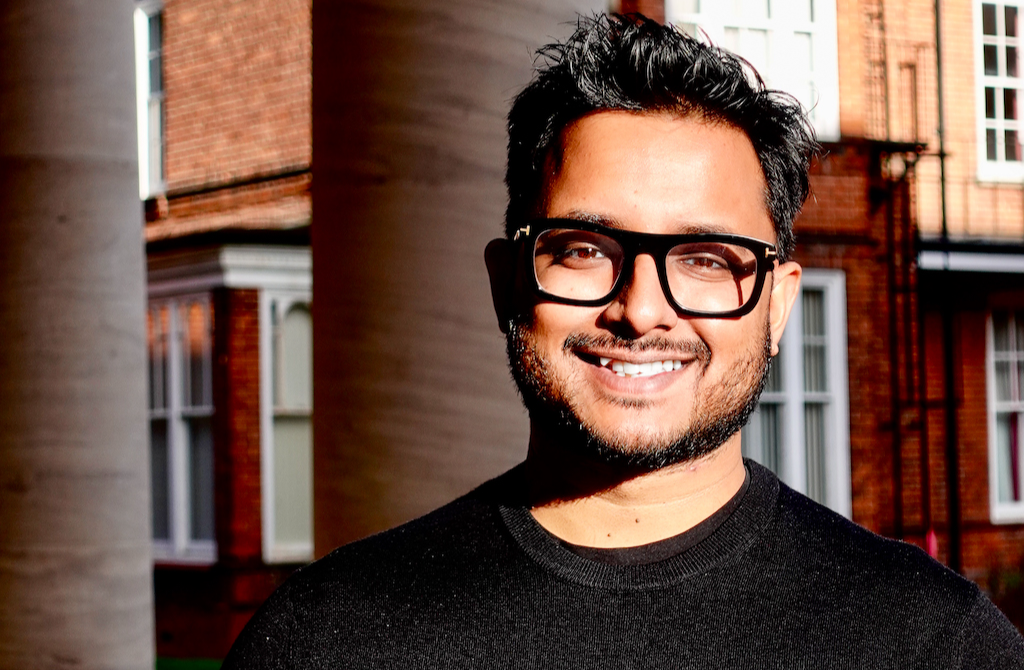
Ramit Debnath is one of the winning AI-deas proposals for tackling urgent social issues using Artificial Intelligence.
Understanding how to practically root AI use in ethical considerations, and showing how that can be done, will significantly change how we create the future we want.
Dr Kwadwo Oti-Sarpong
A project on how local authorities in England can use AI ethically to improve the public value they offer has been selected as one of five winners of a new prize to support ambitious ideas for how artificial intelligence can address critical societal issues.
The places and cities project team includes Gates Cambridge scholar Ramit Debnath. The five winning projects of the AI-deas prize span fertility, climate change, language and communication challenges, mental health and how local councils deploy AI.
They were selected by ai@cam: the University of Cambridge’s new flagship mission to drive AI innovation that benefits science, citizens and society. They will receive seed funding to get off the ground and support to scale their impact.
Each is interdisciplinary by design, grounded in real world need and has a clear plan for cross-sectoral collaboration with external stakeholders – such as affected communities, public sector, industry and NGOs.
The announcement follows a competitive selection process, which kicked off last year with more than 70 concept papers submitted from across the University’s departments.
The places and cities project aims to investigate how local authorities in England are using AI to make decisions about issues such as place-making, land use and mobility and sustainable water supply systems to create public value. The project will develop resources for local authorities to make ethical and informed choices and explore how to best use AI as part of digitalisation initiatives.
The Department of Engineering will lead this project and facilitate collaboration with local authorities, and among experts in other domains including urban governance, philosophy and ethics.
Dr Kwadwo Oti-Sarpong, AI-deas challenge lead, said: “We’re excited to be one of the winners of AI-deas and work on this project with practitioners across disciplines to shape the future of public sector decision-making using AI in creating connected places.
“Understanding how to practically root AI use in ethical considerations, and showing how that can be done, will significantly change how we create the future we want.”
Ramit [2018] is a university assistant professor and inaugural Cambridge Zero fellow at the University of Cambridge.
For more information on the prize winners, click here.












